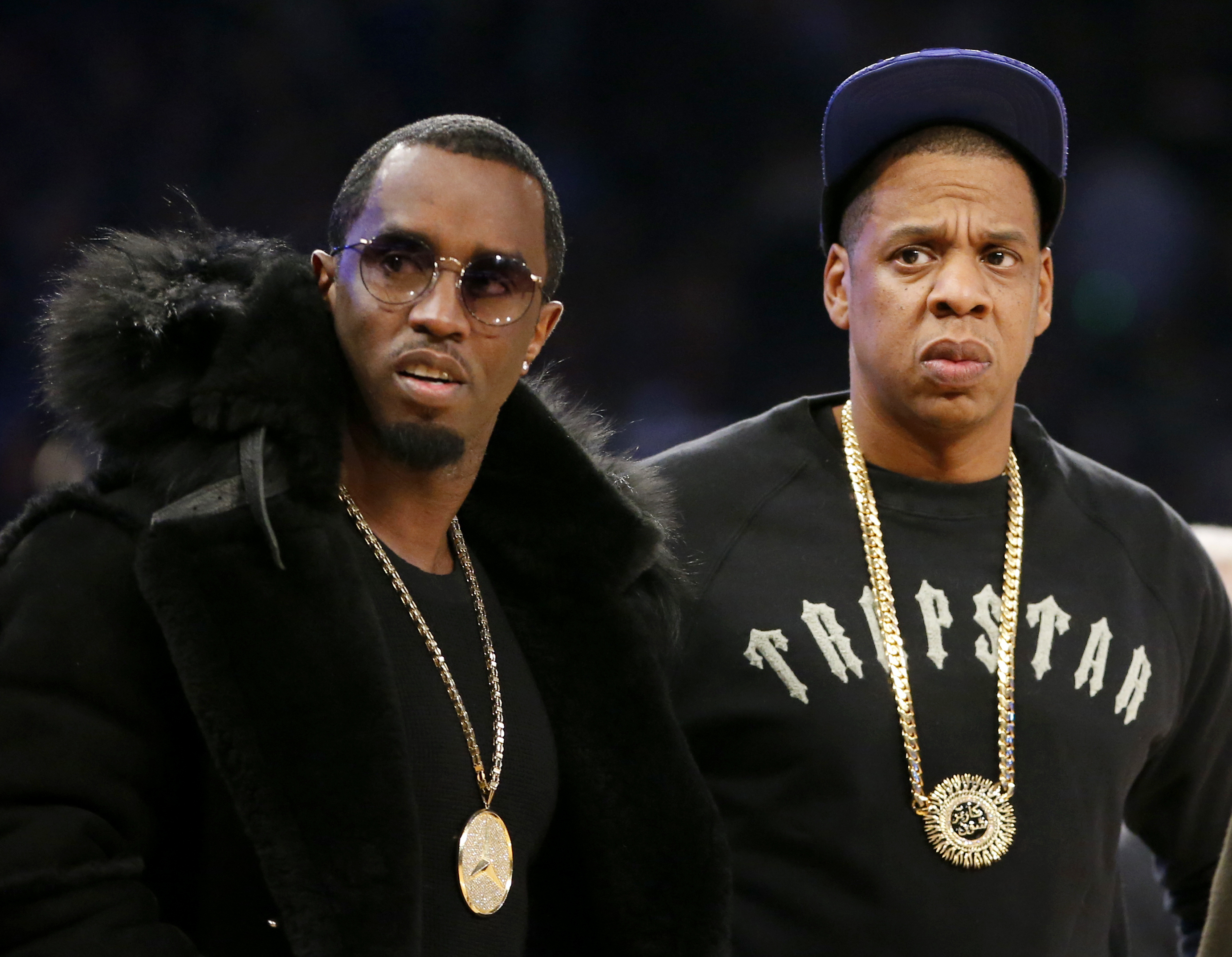President Donald Trump has drawn criticism for saying he doesn't have time for books, even prompting a movement called "Bury the White House in Books on Valentine's Day."
So with Read Across America Day being celebrated on Thursday, do Trump's comments matter as adults use the day's many events to encourage children to read? Not that much, according to literacy experts.
"I don’t think it has much influence," said Dr. Timothy Shanahan, a renowned literacy expert and professor emeritus at the University of Illinois at Chicago.
He said children are more likely to be influenced by their parents or teachers—people in the immediate vicinity—when it comes to reading.
Dr. Doug Hesse, executive director of writing and professor of English at the University of Denver said parents and teachers are vital, but that it doesn’t help when somebody who has achieved great success is diminishing the importance of reading.
When Trump discusses his reading habits, Hesse said "it probably doesn’t [diminish the importance of reading] in the sense that people who are strong readers, who understand the importance of it, will continue to be. I think what it does potentially diminish is that in terms of making decisions, that there’s some license to make decisions without a kind of depth of knowledge and understanding that I think comes from reading."
Shanahan added that the president's remarks don't sit well with people who have devoted themselves to literacy.
U.S. & World
The day's top national and international news.
"Obviously anyone who’s dedicated to literature believes literature has a positive impact on individuals in societies," Shanahan said.
Trump has written several books, most notably, "The Art of the Deal," which was a bestseller.
But in an interview last May with Megyn Kelly, who asked about the last book he read, he responded, "I read passages, I read … 'areas,' I'll read chapters. I just, I don't have the time."
And in a January interview with Axios, he said, "I like a lot of books. I like reading books. I don’t have time to read very much now in terms of the books, but I like reading them.”
He also said he isn’t a huge fan of reading long memos.
"I like bullets or I like as little as possible. I don't need, you know, 200-page reports on something that can be handled on a page. That I can tell you," he told Axios.
Hesse said, "It’s certainly disheartening that reading isn’t as highly valued."
He added that the past two administrations have been strongly supportive of reading, and demonstrated it often.
But Shanahan pointed out that the reading habits of past presidents have varied widely. Lyndon B. Johnson, for example, wasn’t keen on reading, he said, while Barack Obama said reading books was his secret to surviving the White House.
"We’ve had a lot of presidents, and some have been big readers and some haven’t been," Shanahan said.
He added that he doesn’t think it matters much in terms of education specifically, but he said there is information that people cut themselves off from by not reading more, and that when people cut themselves off from certain information, there is a potential to put people at risk, especially when the person in question is in a position of great power, like Trump.
Past presidents, Shanahan said, have had varying tastes in literature. Dwight D. Eisenhower, he said, had a penchant for Western novels, while Harry Truman emphasized the importance of reading history as president.
He added that many times, the American public doesn’t learn much about the president's reading habits until the end of their term.
"It’s usually the historian who uncovers it later on," he said.
Hesse said a lack of reading can be a negative.
"We lose important perspectives and important kinds of knowledge that really are best handled through complex reading," he said. "And I think that the range is that we lose nuance and we lose an array of alternatives."
Shanahan echoed the sentiment, saying, "I think the president loses out on that, there are dangers to the country if the president cuts themselves off from certain sources of information."
Both Hesse and Shanahan said they don’t think that what the president says about reading will have a direct impact on children, but it does send a message.
Touted as the "largest celebration of reading this country has ever seen," "Read Across America Day" is sponsored by the National Education Association. March 2 was chosen to commemorate the birthday of children’s book author Theodor Geisel, known as Dr. Seuss.
Read Across America Day will celebrate its 20th anniversary this year, and in the past the George W. Bush and Obama’s administrations have celebrated it. Michelle Obama and former Secretary of Education Arne Duncan once did a guest reading for the NEA, and Laura Bush was also active in promoting it, a spokeswoman for the NEA said.
But even with involvement from both White Houses, the president has never actually been directly involved in "Read Across America Day," as it was created by the NEA, the organization’s spokeswoman said.
In the past, Sens. Susan Collins (R-ME) and Jack Reed (D-RI) have together sponsored resolutions to designate March 2 as Read Across America Day.
A spokesman for Reed confirmed that both Reed and Collins again plan to spearhead the effort in the Senate this year.
Reps. Rodney Davis (R-Ill.) and Susan Davis (D-Calif.) have also sponsored legislation to designate March 2 as Read Across America Day.
First Lady Melania Trump took part in the day's celebrations by reading to children at the Phyllis and David Komansky Center for Children’s Health at NewYork-Presbyterian/Weill Cornell Medical Center.
The first lady read Dr. Seuss' book, "Oh! The Places You'll Go!" and told children, "Loving to read early in life has the power to make each one of you a lifelong learner."
She also emphasized that the United States must instill a love for reading in young readers.
"Education is a great equalizer and nothing can be more critical to achieving empowerment than reading and literacy," she said.
In a letter about Read Across America Day 2017, NEA President President Lily Eskelsen Garcia wrote, "NEA’s Read Across America is an incredible vehicle for focusing attention on the literacy needs and successes of our children, but we know it takes much more than a one-day celebration."
"It’s the relationships with books, kids, teachers, librarians, parents, volunteers, and other caring community members form on that day that can have a long-term impact on our nation of diverse readers," she wrote.
Hesse said statements by readers are important.
"The statements that came out of the Bush and Obama White Houses, talking about the importance of reading, celebrating reading, sharing books they’ve been reading, going to schools, reading with kids—these are all really symbolic," he said.



